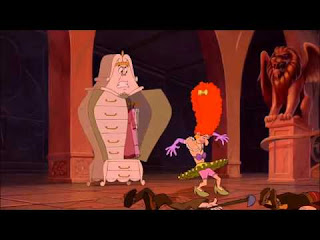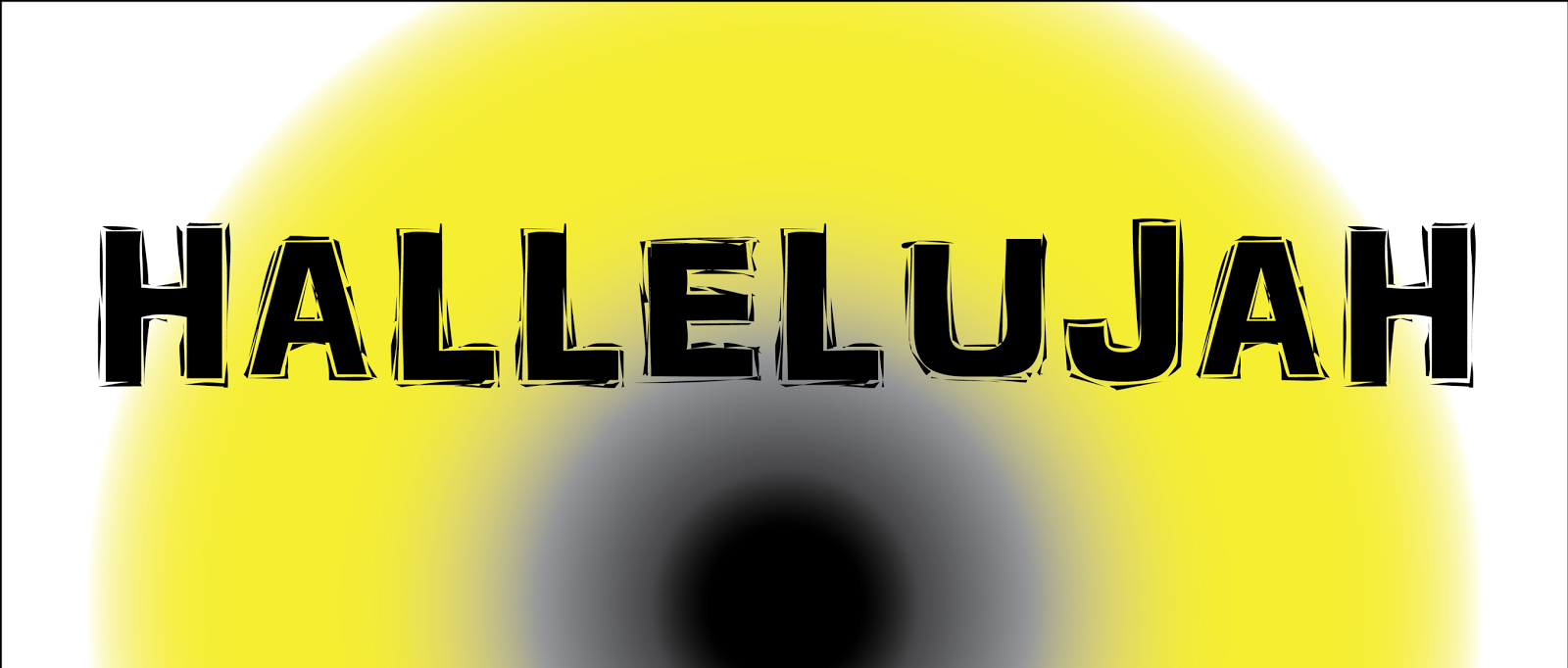Jerusalem, c. 742 BC
In the year that King Uzziah died, I saw the Lord, high and exalted, seated on a throne; and the train of his robe filled the temple. Above him were seraphim, each with six wings: With two wings they covered their faces, with two they covered their feet, and with two they were flying. And they were calling to one another:“Holy, holy, holy is the Lord Almighty;At the sound of their voices the doorposts and thresholds shook and the temple was filled with smoke.
the whole earth is full of his glory.”
“Woe to me!” I cried. “I am ruined! For I am a man of unclean lips, and I live among a people of unclean lips, and my eyes have seen the King, the Lord Almighty.”
Then one of the seraphim flew to me with a live coal in his hand, which he had taken with tongs from the altar. With it he touched my mouth and said, “See, this has touched your lips; your guilt is taken away and your sin atoned for.”
Then I heard the voice of the Lord saying, “Whom shall I send? And who will go for us?”
And I said, “Here am I. Send me!”
- Isaiah 6:1-8
So wrote the prophet Yesha'yahu (who we know as Isaiah), recalling his vision, likely in the temple in Jerusalem. His words would have a profound impact down through the centuries.
Patmos, Greece, latter half of the First Century AD
As he sat in prison on the Greek island of Patmos, Yochanan bar-Zebadya had a lot of time to reflect on his long and eventful life. He and his brother Yacov had followed a dynamic rabbi named Yeshua who had turned their lives around, calling them from a life of fishing into one of spreading a revolutionary new message that the Kingdom of God was at hand, and the promised Messiah had come. Three years later, he stood before the cross of his beloved rabbi, who entrusted His mother into Yochanan's care. Three days after that, he got the shock of his life when he was told that Yeshua's grave was empty! He and his friend Shimon "Petros" bar-Yonah rushed to the tomb and found it empty. Yochanan believed a miracle had happened.
As the years passed, he witnessed Yeshua (who we know as Jesus) return to life and ascend into heaven. His brother Yacov (James) was beheaded for his faith. According to tradition, his friend Petros (Peter) was crucified upside-down. Tradition states that Yochanan (John) was the only one of Yeshua's disciples who would die of natural causes. Jerusalem fell to Rome in AD 70, just as Yeshua had predicted. Nine years later, Mt. Vesuvius erupted, burying the Roman cities of Pompeii, Herculaneum and others in lava and ash and causing massive loss of life. (The date of his imprisonment is disputed, but if it was in the AD 90s as tradition states, it would have been after these events.)
Now, in prison on Patmos, Yochanan received a vision from God with a charge to write down what he saw and send it to seven churches. God had an individual message for each church, and prophecies about what was to come. The book of Revelation is the result. As he stood in God's throne room in his vision, he recalled:
After this I looked, and there before me was a door standing open in heaven. And the voice I had first heard speaking to me like a trumpet said, “Come up here, and I will show you what must take place after this.” At once I was in the Spirit, and there before me was a throne in heaven with someone sitting on it. And the one who sat there had the appearance of jasper and ruby. A rainbow that shone like an emerald encircled the throne. Surrounding the throne were twenty-four other thrones, and seated on them were twenty-four elders. They were dressed in white and had crowns of gold on their heads. From the throne came flashes of lightning, rumblings and peals of thunder. In front of the throne, seven lamps were blazing. These are the seven spirit of God. Also in front of the throne there was what looked like a sea of glass, clear as crystal.
In the center, around the throne, were four living creatures, and they were covered with eyes, in front and in back. The first living creature was like a lion, the second was like an ox, the third had a face like a man, the fourth was like a flying eagle. Each of the four living creatures had six wings and was covered with eyes all around, even under its wings. Day and night they never stop saying:“‘Holy, holy, holyWhenever the living creatures give glory, honor and thanks to him who sits on the throne and who lives for ever and ever, the twenty-four elders fall down before him who sits on the throne and worship him who lives for ever and ever. They lay their crowns before the throne and say:
is the Lord God Almighty,’
who was, and is, and is to come.”“You are worthy, our Lord and God,
to receive glory and honor and power,
for you created all things,
and by your will they were created
and have their being.”
- Revelation 4
Holy, Holy, Holy, Lord God Almighty!Early in the morning our song shall rise to Thee...Holy, Holy, Holy, Merciful and Mighty!God in Three Persons, Blessed Trinity!...Holy, Holy, Holy! All thy Saints adore Thee,Casting down their golden crowns around the glassy sea.Cherubim and seraphim, falling down before Thee,Which wert, and art, and ever art to be!Holy, Holy, Holy! Those the darkness hide Thee,Though the eye of sinful man thy glory may not see,Only Thou art Holy, there is none beside Thee;Perfect in Power, in Love, and Purity! —Holy, Holy, Holy, Lord God Almighty! —All thy works shall praise thy name in earth & sky & sea.Holy, Holy, Holy, Merciful and Mighty!God in Three Persons, Blessed Trinity! —
I am sorry that I knew nothing of the musical arrangement of the work till just now. I should have felt so happy if I could have, either in the way of suggestion, or otherwise, rendered any little aid whatever to the musical committee. I understand that you are now in an advanced state of progress. However, I just send up these slight contributions, in case they may be of any service. The “Dies Irae” has given me much anxious thought. … The other tunes I have at different times written, finding myself unable to discover suitable music for the hymns. Some of them are sung in the Galilee of Durham Cathedral and are very popular.



















